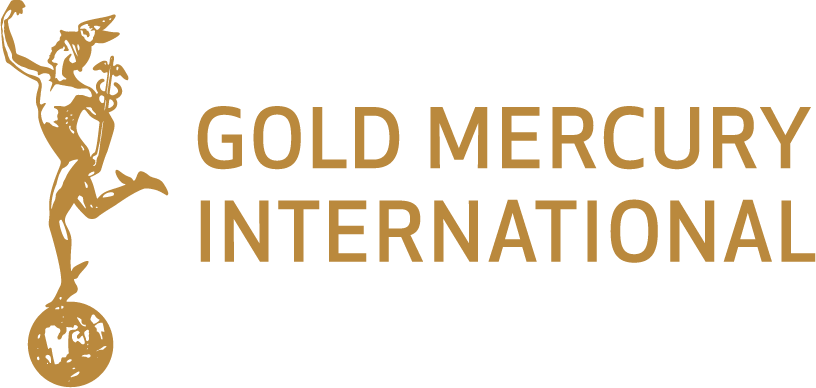The Arms Trade Treaty. Promoting Responsibility in Global Transfer of Conventional Weapons.
Key Updates
The Arms Trade Treaty (ATT) is the first legally-binding instrument ever negotiated in the United Nations to establish common standards for the international transfer of conventional weapons.
The risk of human rights violations in a recipient country was one of the reasons for many supplier countries to follow a restrictive arms transfer policy in regards to small arms, light weapons, battle tanks, armoured combat vehicles, large calibre artillery systems, combat aircraft, attack helicopters, warships, missiles and missile launchers.
By GLOGO® Editorial Team.
Updated 6th March 2024.
Published 3rd March 2024
HERE’S WHAT TO KNOW
The Arms Trade Treaty (ATT) was designed to stop deadly weapons from getting into the hands of people who will use them to commit human rights violations, including genocide, crimes against humanity and war crimes.
BASIS FOR ISSUING THE GLOBAL GOVERNANCE ALERT
The illegal trafficking of weapons around the world persists despite the enactment of the Arms Trade Treaty (ATT) in December 2014. However, significant strides have been made in implementing, enhancing transparency and reporting mechanisms, and fostering universal adherence to the Treaty to combat this issue.
The Arms Trade Treaty (ATT) stands as a landmark agreement aimed at regulating the international trade in conventional arms, spanning from small firearms to battle tanks, combat aircraft, and warships. This comprehensive treaty serves as a vital instrument for advancing peace and security by curbing uncontrolled and destabilizing arms flows to conflict-ridden regions and criminal syndicates. Its provisions are instrumental in preventing human rights abuses and violations of international law by restricting the supply of arms to perpetrators, thereby thwarting their ability to perpetrate violence and repression. Moreover, the ATT serves to deter warlords, pirates, and criminal gangs from acquiring these lethal instruments of destruction.
According to Oxfam International, the toll of armed violence is staggering, with one person succumbing to its effects every minute, while thousands more suffer injuries. The ATT imposes crucial obligations on arms sellers, mandating them to disclose the intended use of their products by customers. Furthermore, states are obligated to ensure that arms transfers are not linked to human rights abuses or acts of terrorism, thereby safeguarding global peace and stability.
Despite the global significance of the ATT, the world's leading arms exporter, the United States, has yet to sign the treaty. The Biden Administration's stance on an ATT policy remains undecided, posing challenges to the treaty's effectiveness and universal adoption.
Gold Mercury advocate for the regulation of the arms trade, recognizing it as a pivotal step toward protecting human rights and advancing global sustainable goals. There is an urgent need for concerted international efforts to address the proliferation of arms and its adverse impacts on peace, security, and human well-being.
Continued advocacy, diplomatic efforts, and collective action are essential to ensure universal adherence to the treaty and mitigate the devastating consequences of illicit arms trafficking on communities worldwide.
RELATED STATUS ALERT DOCUMENTARIES | AMNESTY INTERNATIONAL
GEOLOCATION - MULTI CONTINENT ISSUE
PRECEDENTS TO REGULATE ILLICIT WEAPONS TRAFFICKING AND TRADE
+ Protocol Against the Illicit Manufacturing and Trafficking in Firearms 2001
+ UN Register of Conventional Arms 1991
AUDIO VERSION - LISTEN TO THE GLOBAL GOVERNANCE ALERT
OTHER SOURCES





